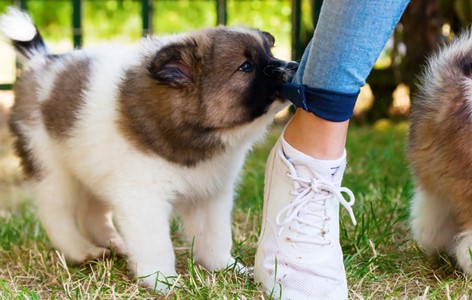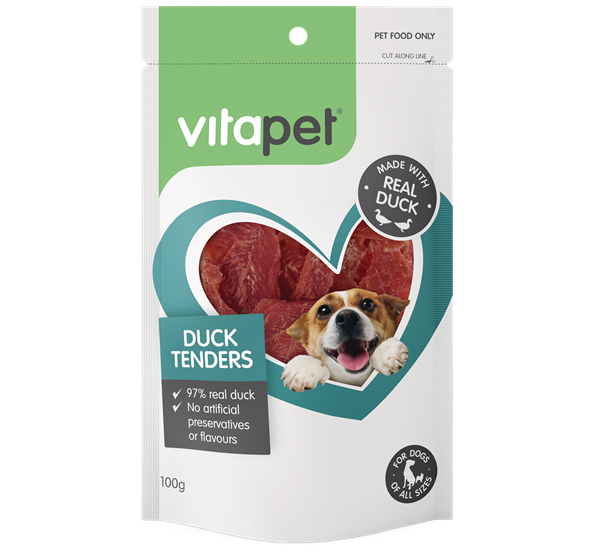New puppies are so cute and cuddly, but did you know that many will cry during the first few weeks in their new home?
So why do new puppies cry and how can we help reduce crying and calm a new puppy?
What does a crying puppy sound like?
A new puppy crying can vary in terms of how it sounds. Some puppies may whimper quietly whereas others may whine or even howl. When puppies whimper and whine it’s usually a high-pitched sound designed to illicit attention. Howling can sound quite loud and often disturbs our sleep when it happens during the night.
Why do new puppies cry?
Crying is a form of communication for puppies, just as it is for newborn babies. Puppies cry for a variety of reasons. The most common reasons include that they’re scared or unsure, hungry, lonely or because they want something. Some puppies might cry when they need to go to the toilet.
How to comfort a crying puppy
You can help comfort a cry puppy by identifying why they’re crying and then meeting their needs. For example, is your puppy hungry? Are they lonely and in need of company and reassurance? Perhaps they really need to toilet but you’re holding them. Is there something in the environment that’s causing them to feel fearful or anxious?
Once you’ve addressed these possibilities it’s a good idea to just sit with your puppy and reassure them.
The first few weeks living in a new home can be quite overwhelming for a new puppy. They typically meet many new people, new animals, experience new environments and situations. They are also learning what’s expected in terms of their behaviour, where they sleep, where they eat, where to go to the toilet and lots more about the world around them. Understanding that your puppy is going through a steep learning curve is important. Try to ensure you provide your puppy with some downtime each day when they can rest and relax. Spending quality time with your puppy each day and reassuring them when they do cry can help to comfort them.
If your puppy is crying during the night, placing a comforter toy in their bed and ensuring they stay warm all night can also provide comfort and help reduce crying.
Can crying be prevented in a new puppy?
Crying is very common in new puppies and it’s considered to be a completely normal behaviour in response to separation from the mother and littermates.
Crying in the first few days is more likely, however puppies should not continue to cry for weeks on end.
You can reduce the likelihood of your new puppy continuing to cry after the first few days by meeting your puppy’s needs and providing a consistent routine.
This means feeding them at the same times each day, taking them outside to toilet, playing with them and walking them at roughly the same times each day. This consistency helps puppies learn when important events occur in their day and helps reduce crying in an attempt to make these things happen.
When do new puppies stop crying?
New puppies tend to stop crying after the first few weeks in their new home. By this stage, they are used to their new home, routine and family; and life isn’t so overwhelming or daunting for them. They’ve also learned to cope with separation better and are less likely to cry during the night. Some puppies may continue to cry when their owner accidently rewards the behaviour (for example, feeds their puppy as a consequence of crying).
Ensure you don’t accidently reward crying with something your puppy wants, and you should find they grow out of the behaviour eventually.
























